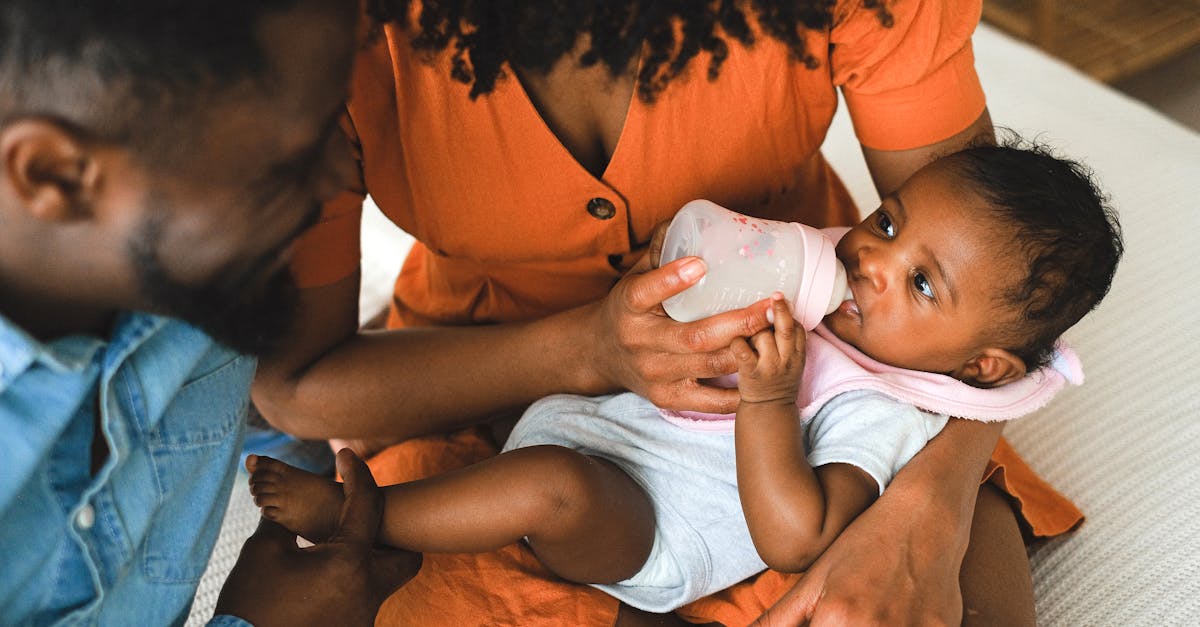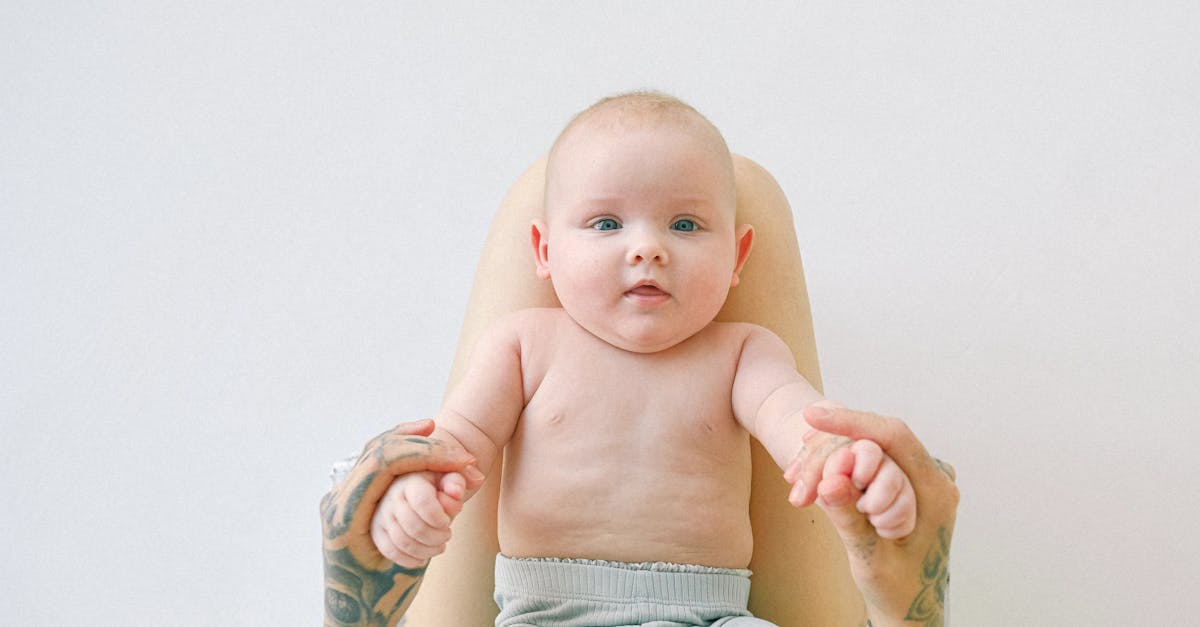Understanding the Basics
Every parent wants their baby to be happy and healthy. However, recognizing early signs of emotional distress in infants can be daunting. By understanding these signs, parents can provide the necessary support for their little ones. In this post, we’ll explore the basics and equip you with essential knowledge to identify emotional challenges in your infant. Remember, it’s okay to feel unsure – parenting is a learning journey.

Parenting Tip: Observe your baby’s cues and behaviors closely to understand their emotional needs better.
Changes in Sleep Patterns
One of the first red flags of emotional distress is a change in your baby’s sleep pattern. If your previously good sleeper suddenly starts waking up frequently or has trouble staying asleep, it might indicate underlying stress. Make sure to monitor these changes and consider maintaining a sleep diary. This might reveal patterns that can help you and your pediatrician understand your baby’s needs better.

Feeding Challenges
Feeding difficulties can also signal emotional distress. If your baby shows a sudden lack of interest in feeding or has problems like frequent vomiting or gagging, it’s wise to observe their behavior closely. Try to keep feeding times calm and consistent. Make funny faces or sing a soothing song to create a relaxed atmosphere. Stress-free feeding can go a long way in alleviating distress!

Excessive Crying
Infants cry for various reasons, but excessive crying can indicate something more. If comfort methods like rocking and cuddling don’t work, or crying extends beyond typical colic periods, it could be an emotional red flag. Keep a note of crying triggers and durations. Sometimes, a goofy story about your own baby blues can make other parents feel less alone in this noisy journey.

Avoidance of Eye Contact
Eye contact is a key part of bonding. If your baby continuously avoids eye contact, it might signify emotional troubles. Eye contact helps build trust, so if you notice this behavior consistently, seek advice.
Make eye contact games part of your daily routine- peek-a-boo works wonders! Sharing stories of how squinty-eyed stares turned into giggles can encourage other parents to persist.

Unusual Sensitivities
Sensitivity to loud noises, crowded places, or new people can be more than just shyness. If these reactions are intense or prolonged, they might indicate distress. Calm environments and gradual exposure to new stimuli can help. Everyone’s baby has a unique personality; sharing how you eased your baby into handling these “big scary noises” can help parents understand they’re not alone.

Seeking Professional Help
If you’ve noticed several of these signs in your infant, it’s crucial to seek professional help. Pediatricians and child psychologists are great resources. Remember, asking for help is a sign of strength, not weakness. Share your journey of reaching out to professionals – sometimes, knowing someone else took this step can be all the reassurance a worried parent needs.

